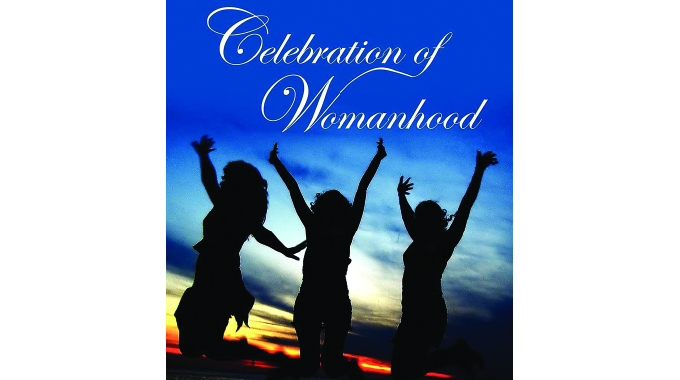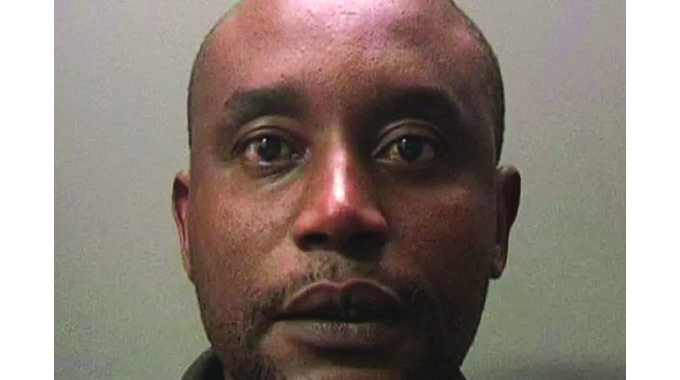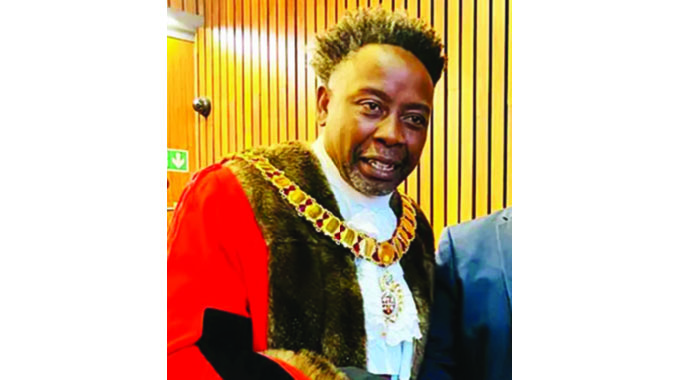Diasporians still choose home for burials

Dr Masimba Mavaza
Diaspora labours heavily under one question. Where will you be buried? It is a question that requires a lot of thought and should take several different factors into consideration.
Zimbabweans in general place a high priority on being buried next to the graves of their loved ones.
Not only is there something comforting about having an eternal resting place that is near the people you love, but it is also more likely that your relatives will come to visit your gravestone if they can pay tribute to several of their deceased relatives in the same place.
Culturally, people prefer to be buried among their own people. Even if you have moved out of state, you do not need to rule out the cemetery where your family members are buried; the benefits may outweigh the inconvenience.
Zimbabweans put more value in your burial place and how you are buried. It does not matter that you will be dead and the dead do not know anything, but the living are the ones who decide where and how you will be buried.
Zimbabwe practices dual religious beliefs – cultural and Christianity.
Some Christianity groups shape their beliefs around their culture. If you affiliate with a religious group, you may want to consider cemeteries with faith-based ties and traditions.
Often, cemeteries affiliated with religious organisations will be able to help facilitate the process of arranging for an officiant to lead a funeral service.
What scares Zimbabwean traditionalists to be buried abroad is the burial restrictions.
Some cemeteries have strict regulations for burial procedures, with rules about all sorts of issues, from headstone size and shape to the types of religious ceremonies that are permitted on the site’s grounds.
The amount of soil to be put in the grave can also be an issue, while some prefer using machines to bury you, yet your belief puts a burden on your relatives to bury you, literally.
Many Zimbabweans in diaspora had to adapt to cremation. This is not a Zimbabwean practice, but is now being done by some Zimbabweans.
If you prefer cremation, will your remains be buried or scattered, that is a question to be decided in your absence.
When people left Zimbabwe for the UK, they were seized with the idea of getting rich fast. Most were made to believe they would work for six months or less, buy a commuter omnibus and head back home.
Nobody had plans to permanently stay in the UK, let alone die there. A rosy picture, one not so accurate, was painted by early migrants to the UK who gave a very wrong impression of the UK.
They made people believe that money grew on trees in London. This misconception destroyed any money-making initiative for relatives left in Zimbabwe.
Most of them did not think beyond England. If one was broke, money was a phone call away. Families lived extravagant lives financed by relatives in the UK. Some people became regulars at money transfer outlets such as Western Union and Moneygram, collecting funds from the UK.
This was mainly so because of the foreign currency exchange rate between the British pound and the Zimbabwe dollar. On arrival in UK, one’s mind is pre-occupied with making money and dreams of prosperity.
Death has no room in this scheme of things. People never really plan for this one sure eventuality, resulting in the last resting place for a diasporan being decided by total strangers and friends who met in the UK.
However, there is a lot of pressure from home to repatriate the body of the deceased.
As a result, the first generation of migrants are almost always repatriated to Zimbabwe for burial. In the beginning, there was a spirit of unity where every Zimbabwean would contribute towards repatriation.
The fact that relatives at home cannot financially contribute to anything means that the task is left on those who are abroad, regardless of relations, to oversee the repatriation process.
Even the late Dr Alex Magaisa, who died a few weeks ago in the UK, was repatriated through a GoFundMe flighted by his friends.
Our cultural beliefs make it hard to opt for burial in the UK. In recent years, the death rate of Zimbabweans in the UK has increased. We now have 10 deaths a week, which translates to 40 bodies a month.
This is highly alarming and the increase removes the comradeship and makes it difficult to finance or contribute towards repatriation for every deceased.
We now have more funerals than birthday parties in the UK.
The demand for repatriation is so high among the British-Zimbabwean community and according to embassy officials, at least 95 percent of first generation migrants are buried in Zimbabwe.
Repatriation is now a brisk business.
CJ Railey, a company which specialises in repatriations, says it is now processing between 10 to 15 bodies a week, with Nyaradzo having establishing offices in the UK. A system is now in place to cover repatriation costs.
Many Zimbabweans have established funeral policy companies to help during the funeral. But for many Zimbabwean communities in the UK, there is often no official financial support and many families struggle to meet the costs.
The repatriation exercise is very stressful. Despite the deceased having lived in London for at least 30 years, the family back home puts you under pressure to fly the body home.
In all this pressure, they rarely contribute a penny. All what they know is to call and say: “Bring my son’s body back home.” So you have to find ways to raise the funds.
This is when death makes Diasporans a begging lot. Messages carrying account numbers literally fly around begging for help. In cases like this, many in the diaspora have to keep their loved ones’ bodies in morgues for several months, until there is enough money.
This experience is stressful. The emotional stress, financial costs and family pressures are so high when it comes to repatriation that some in the diaspora wonder whether it is really worth it.
Our culture is that one is buried among his or her forefathers. It is hard to fight against a family’s wish, people always give in due to emotional stress.
While tradition and culture fight, pockets of the diasporans bleed.
In November 2021, Thabiso Mabhena of Hatfield in the UK, died of cancer. Relatives in Zimbabwe piled pressure on the wife to repatriate the body.
They became very violent in their demands and threatened to unleash an army of evil spirits if she dared bury their son in the UK.
But none of the relatives contributed towards the repatriation. The poor wife had to send a text message around England begging for help. Fortunately, many were ready to help and the body was finally repatriated.
In Manchester, John Takaendesa (not real name) died in a car accident. He had told his family that if he died he wanted to be buried home in Zimbabwe.
The family, in fear of reprisals from the spirits, had to take the begging bowl around UK for donations to repatriate the body.
It is the culture implanted in us that we have to be buried among our forefathers. Even Joseph in the Bible demanded that his bones be buried in his land of birth.
We must remember that burial, also known as interment or inhumation, is a method of final disposition whereby a dead body is placed into the ground, sometimes with objects.
This is usually accomplished by excavating a pit or trench, placing the deceased and objects in it, and covering it over.
A funeral is a ceremony that accompanies the final disposition.
Zimbabweans have been burying their dead in a strictly followed traditional way. Burial is often seen as indicating respect for the dead and for those who died before them. Even though the dead know nothing but they are respected either way.
Burial gives family members closure and prevents them from witnessing the decomposition of their loved ones, and in many cultures it has been seen as a necessary step for the deceased to enter the afterlife or to give back to the cycle of life.
Depending on the culture, the way the body is positioned may have great significance.
The location of the burial may be determined by taking into account concerns surrounding health and sanitation, religious concerns, and cultural practices.
Some cultures keep the dead close to provide guidance to the living, while others “banish” them by locating burial grounds at a distance from inhabited areas.
Some religions consecrate special ground to bury the dead, and some families build private family cemeteries. Most modern cultures document the location of graves with headstones, which may be inscribed with information and tributes to the deceased.
All these put together, Zimbabweans are still entangled in the fear of the dead so they spent all their savings on repatriation of a body.








Comments